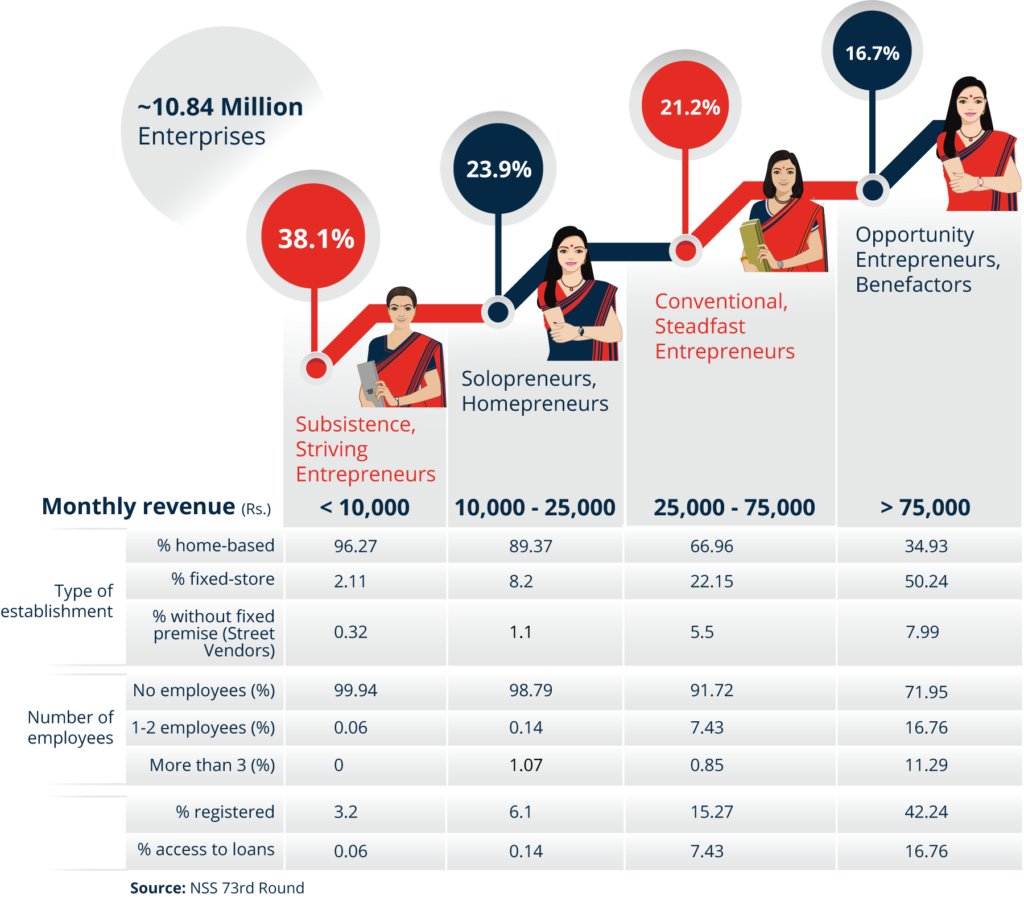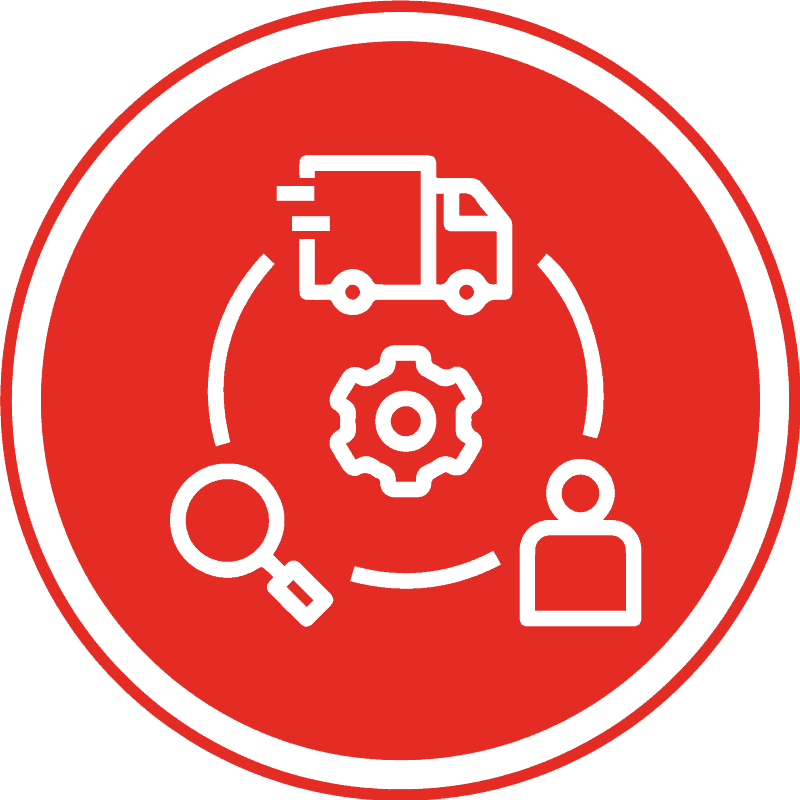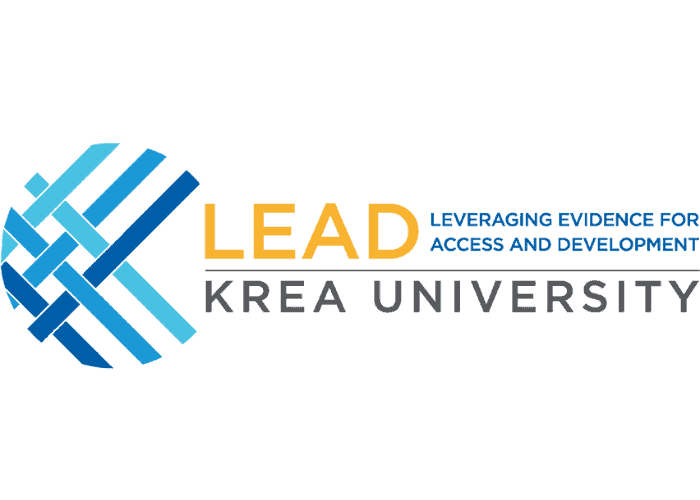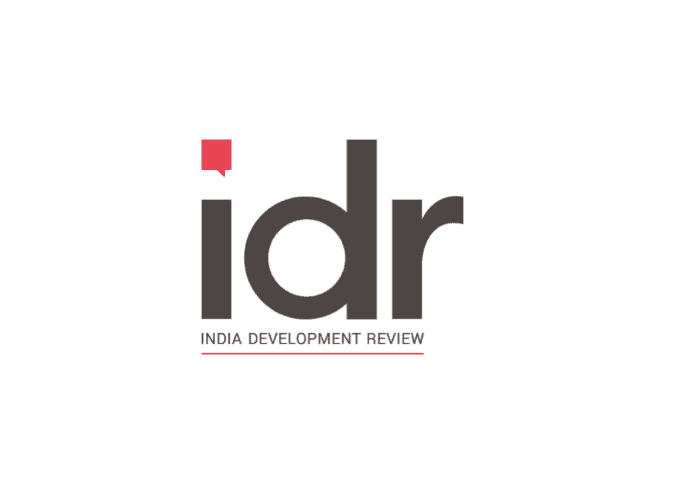Women Entrepreneurship in India
Mobilising Strategic Philanthropy to Strengthen Women’s Entrepreneurship in Urban and Peri-Urban India
Introduction
Women Entrepreneurship in India
Women’s entrepreneurship is increasingly understood to be a key driver of economic growth
and job creation. Widely recognized as a key component of women’s economic empowerment,
women’s entrepreneurship has the potential to contribute significantly to advancing women’s rights and increasing their influence.
Asian Venture Philanthropy Network (AVPN) has embarked on the journey of mobilising strategic philanthropy to improve livelihood pathways for women entrepreneurs in Urban and Peri-Urban India with the support of J.P. Morgan.
Within the first phase of the project, AVPN has worked with LEAD at Krea University to map the landscape of barriers and challenges for women entrepreneurs. Once these key challenges are identified, AVPN will work with diverse multi-sector stakeholder groups leveraging collaborative philanthropy to unlock a range of interventions and solutions that can help women entrepreneurs to overcome the obstacles and attenuate roadblocks.
Archetypes of Women Entrepreneurs
We see the following archetypes of women entrepreneurs plying businesses in urban and peri-urban areas
These archetypes broadly represent the breadth of entrepreneurs with varying motivations, behaviours, needs, experiences and aspirations. They include female urban and peri-urban nano and microenterprises, home-based and own-account enterprises, and growth-oriented enterprises. Cumulatively, the four segments represent approximately 10.84 million urban and peri-urban enterprises. The skilled and steadfast entrepreneur categories together account for 62 per cent of enterprises. While the employment generated by these enterprises is low, they provide women from low-income and socio-economically weaker segments a pathway to engage in income-generating activities and flexible working arrangements.

KEY PROBLEM STATEMENTS
Enhancing Business Acumen and Optimising Business Outcomes

Encouraging Entrepreneurship
Individual and social factors

Enhancing Business Acumen and Optimising Business Outcomes
Access to information, skills, assets and markets

Enabling Environment
Macro, policy factors
HIGH PRIORITIES
Opportunities for collaborative action
“Filling the gaps” - move capital towards underserved entrepreneur segments and geographies
By recognising the intersectional nature of these challenges and developing a robust impact thesis that enables cross-sectoral collaboration, there is an opportunity to break silos. A collaborative philanthropy model can pool in expertise from funders that have experiences in different geographies and sectors and deploy blended financing models including a combination of grants, debt, and equity, and restricted versus unrestricted funding.
Micro approach, macro impact
Drive innovations in solutions and approaches, by diversifying the risk of testing “what works” and adapting it to different contexts
Invest in measurement tools and approaches needed to inform collaborative giving at scale
Research & Insights
Lorem Ipsum
Partners
Supported By

Research Partner

Impact Partner

Testimonials
This is why we do what we do
GET IN TOUCH
Let's create impact together
Connect with us now to know more about supporting the private wealth community.















